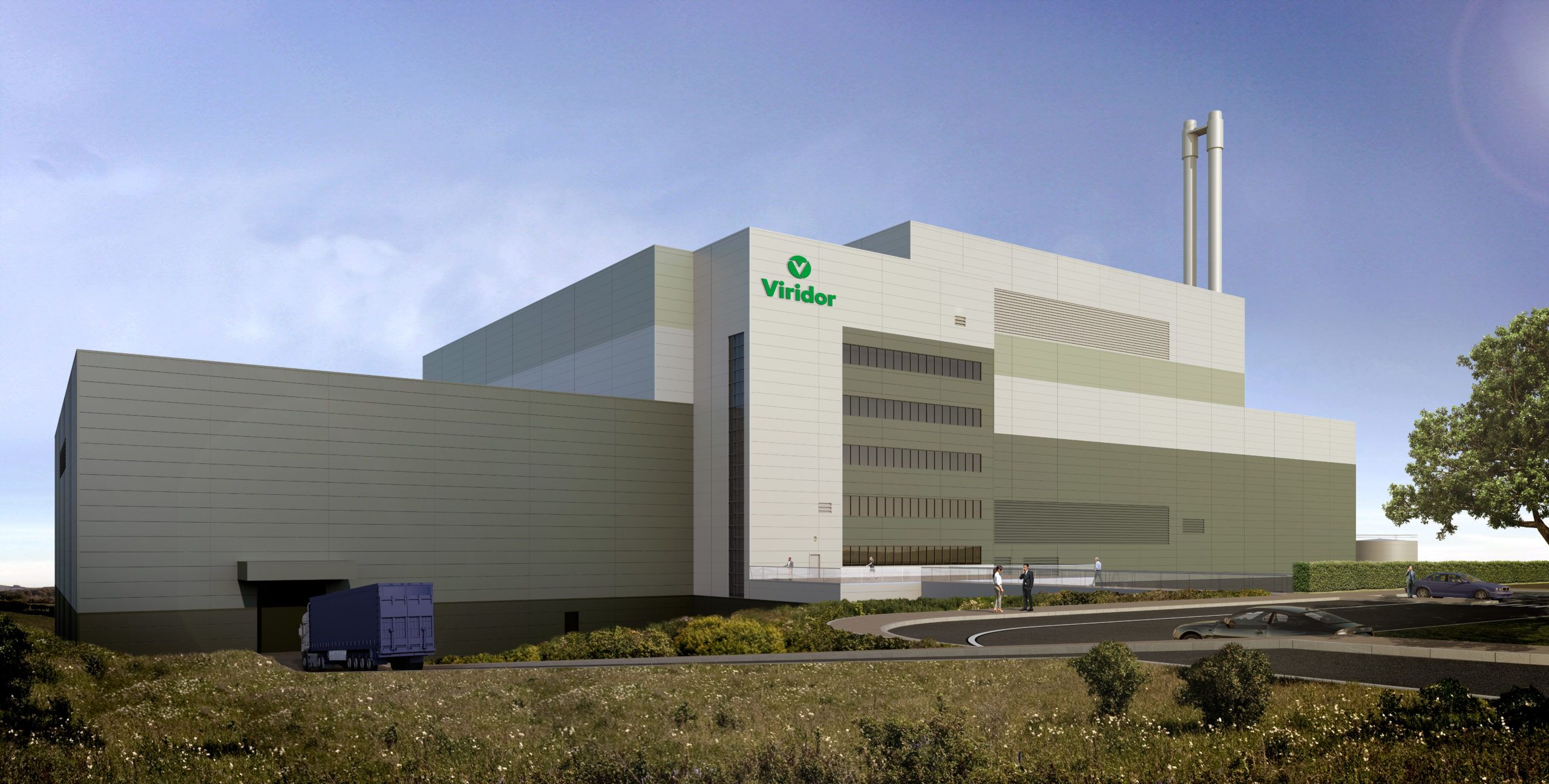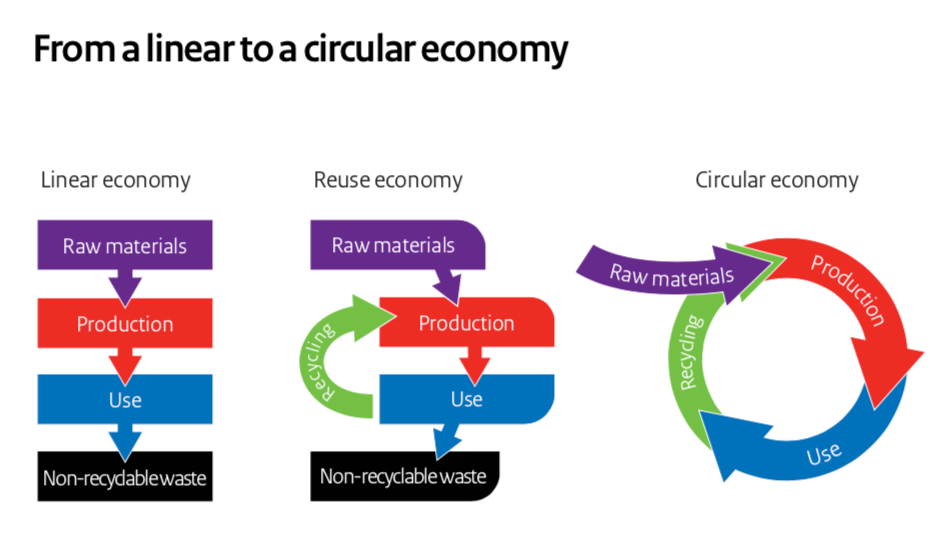
Have your say on South Lanarkshire’s new incinerator
Proposals are in place to build one of the biggest incinerators in Scotland at Overwood Farm, near the village of Stonehouse in South Lanarkshire.
Viridor, who will manage the incinerator, is currently asking local people to submit their views on the proposals by 5pm on Thursday 22nd April. This is the first chance to have your say on the plans and the views will be included in Viridor’s planning application to South Lanarkshire Council.
What are the Overwood Energy Recovery Facility plans?
By 2025, councils across Scotland will be banned from sending biodegradable waste (organic waste which comes from plants and animals) and no more than 5% of their waste to landfill. The biodegradable waste ban should have been introduced in January this year, but has been delayed by four years to give local authorities extra time to plan what they will do with their waste.
Under the plans for Overwood, waste will be collected from South Lanarkshire and the surrounding areas including North Lanarkshire, Ayrshire, East and West Dunbartonshire, Dumfries and Galloway, East Renfrewshire and Glasgow City and will be carried by hundreds of trucks each week to Overwood where it will be burned. This incinerator and the truck traffic it generates will last for around twenty years.
Why incineration is a problem

Scotland’s incineration capacity is spiralling out of control with plans to burn more waste than ever before. Research by Friends of the Earth Scotland in 2020 found that there are plans for six new incinerators in Scotland in the next 3 years. This will increase incineration capacity and burn an extra one million tonnes of waste a year . On top of that, four more incinerators are waiting further approval including the Overwood proposal which will increase Scotland’s capacity even more.
In order to tackle Scotland’s waste crisis, local authorities need to prioritise reducing the amount of waste we’re producing in the first place rather than just burning what we’re using. There are also serious environmental concerns around the continued burning of waste in incinerators which emit carbon into the atmosphere and create toxic ash.
Why we should oppose incineration
Friends of the Earth Scotland believes there is no place for incinerators, like this proposed Overwood plant, in the conversation about how we tackle the climate crisis.
Below are a couple of issues you may wish to consider in giving your feedback on the incinerator plans in South Lanarkshire.
Environmental Concerns
There are significant environmental concerns around using incineration as the answer to our waste problem. When waste is burned in an incinerator it releases carbon which is converted into CO2 and released into the atmosphere.
While Viridor stated in its virtual exhibitions that Overwood will be regulated by the Scottish Environment Protection Agency (SEPA) that does not mean that no emissions will be given off. In 2018, almost 1 million tonnes of climate-changing CO2 was released by all types of incinerators in Scotland, a figure which is only going to rise as each new incinerator opens its doors.
While incineration reduces the waste going to landfill it still produces two types of waste – bottom ash (IBA) and air pollution residues (APC) which need to be disposed of. Virdor’s virtual exhibitions on the Overwood plant failed to confirm what will happen to the bottom ash and APC, also known as fly ash, including the location it will need to be transferred to. Therefore, the plant is not actually going to completely divert all waste from ending up in the landfill.
The new plant is also going to lead to a substantial rise in vehicles on the road in the area and subsequently a rise in air and noise pollution too.
Viridor has yet to state how many extra cars will be on the roads during the three-year construction period, but with 500 jobs we can expect a large number of extra cars to be on the roads around the plant. When the incinerator opens, there will be 85 one way HGV journeys coming from the site each day as well the car journeys made by staff working on site.
Incineration creates a barrier to a circular economy

Moving to a circular economy is key to reducing our overconsumption of resources and tackling the climate crisis. The idea of a circular economy is to keep materials circulating for as long as possible before becoming waste so products are designed to last as long as possible, are easy to repair and made out of materials that can be recycled repeatedly.
However incineration creates a barrier to this because it puts the incentive on local authorities like South Lanarkshire Council to make sure enough waste is produced to supply Overwood rather than focusing on what’s really important – reducing, recycling, reusing and remanufacturing.
Scotland’s overall household recycling rate in 2019 was 44.9% with South Lanarkshire slightly lower at 44.3%. Friends of the Earth Scotland does not believe that any incinerators, including energy-from-waste plants, should be used as an alternative to recycling and reducing waste, especially when a lot more work needs to be done to increase those rates.
Have your say now and oppose the plans for this new incinerator. It will waste valuable resources, cause environmental damage, and create a barrier to a circular economy when the focus needs to be on reducing waste and increasing reuse, repair and recycling across South Lanarkshire instead.
Viridor’s consultation is open until 5pm on Thursday 22nd April. If you would like to be more involved in the community campaign against Overwood then you can find out more via the Dovesdale Action Group.
HAVE YOUR SAY ON THE PLANS
